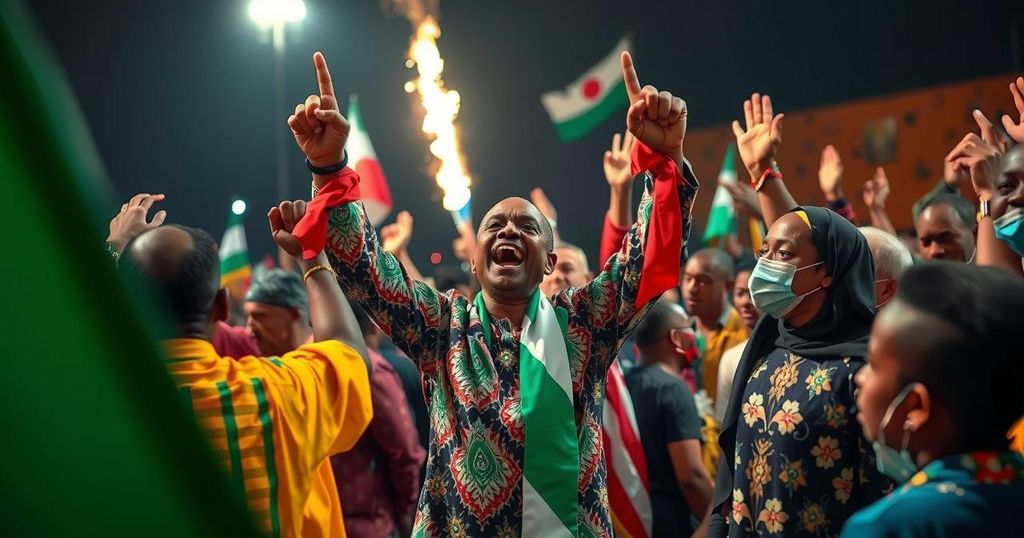Abdirahman Mohamed Abdullahi, also known as Irro, won Somaliland’s presidential election, securing 64 percent of the vote against incumbent President Muse Bihi Abdi. The election, delayed for two years, emphasized both candidates’ promises to revitalize the economy and push for international recognition. Despite achieving stability, Somaliland is still unrecognized globally, complicating its aspirations for legitimacy and diplomatic relations, especially with neighboring Ethiopia.
Abdirahman Mohamed Abdullahi, known widely as Irro, has emerged victorious in Somaliland’s presidential election, garnering approximately 64 percent of the votes. This election, which followed a two-year delay, was a critical moment for the region, allowing voters to choose between Irro of the Waddani Party and the incumbent, President Muse Bihi Abdi of the Kulmiye Party, who received nearly 35 percent of the votes. Both candidates rallied support around revitalizing the economy and pursuing international recognition for Somaliland, which declared independence from Somalia in 1991 amid ongoing conflict. Despite its self-declared status as an independent republic, Somaliland remains unrecognized globally, limiting its access to international finance and freedom of movement for its six million inhabitants. The election is poised to grant the new administration a platform to advocate for recognition and improve economic conditions, following a historical precedent of relative stability in contrast to the turmoil often faced in Somalia. Furthermore, the government in Hargeisa is engaged in negotiations with neighboring Ethiopia to enhance economic ties, despite concerns from Somalia regarding sovereignty issues. The outcome of this election not only signifies a shift in leadership but also reflects the aspirations of Somalilanders for increased legitimacy on the global stage. As Abdullahi prepares to lead, the focus will squarely be on negotiating international recognition, with hopes that the new U.S. administration might reconsider its stance regarding the sovereignty of Somaliland versus Somalia.
Somaliland has been operating with an autonomous governance structure since its declaration of independence in 1991, amidst the collapse of the Somali state. Despite having established its own government, currency, and security forces, Somaliland remains unrecognized by any country, which fundamentally impacts its development and international relations. The region’s pursuit of recognition has been complicated by its relationship with Somalia and the geopolitical dynamics of the Horn of Africa, particularly concerning Ethiopia, with whom Somaliland is negotiating access to maritime routes in exchange for potential recognition. The recent presidential election took place after a two-year postponement, highlighting the challenges faced by Somaliland in securing resources and stability. The newly elected president, Irro, will need to navigate these complexities while addressing the pressing needs of Somaliland’s economy and its quest for international legitimacy.
The recent presidential election in Somaliland resulted in a significant political shift with Abdullahi’s election, bringing to the forefront the region’s enduring aspiration for international recognition and economic stability. The election underscores the contrasting political stability in Somaliland compared to the broader Somali context, as Abdullahi seeks to rejuvenate efforts for sovereignty acknowledgment while engaging with neighboring Ethiopia to bolster economic cooperation. The implications of this election are pivotal, not only for internal governance but also for Somaliland’s endeavours on the international stage, particularly amidst evolving U.S. foreign policy.
Original Source: www.aljazeera.com






